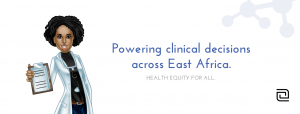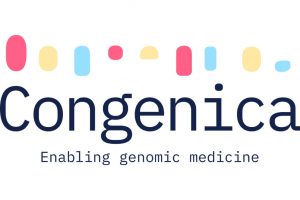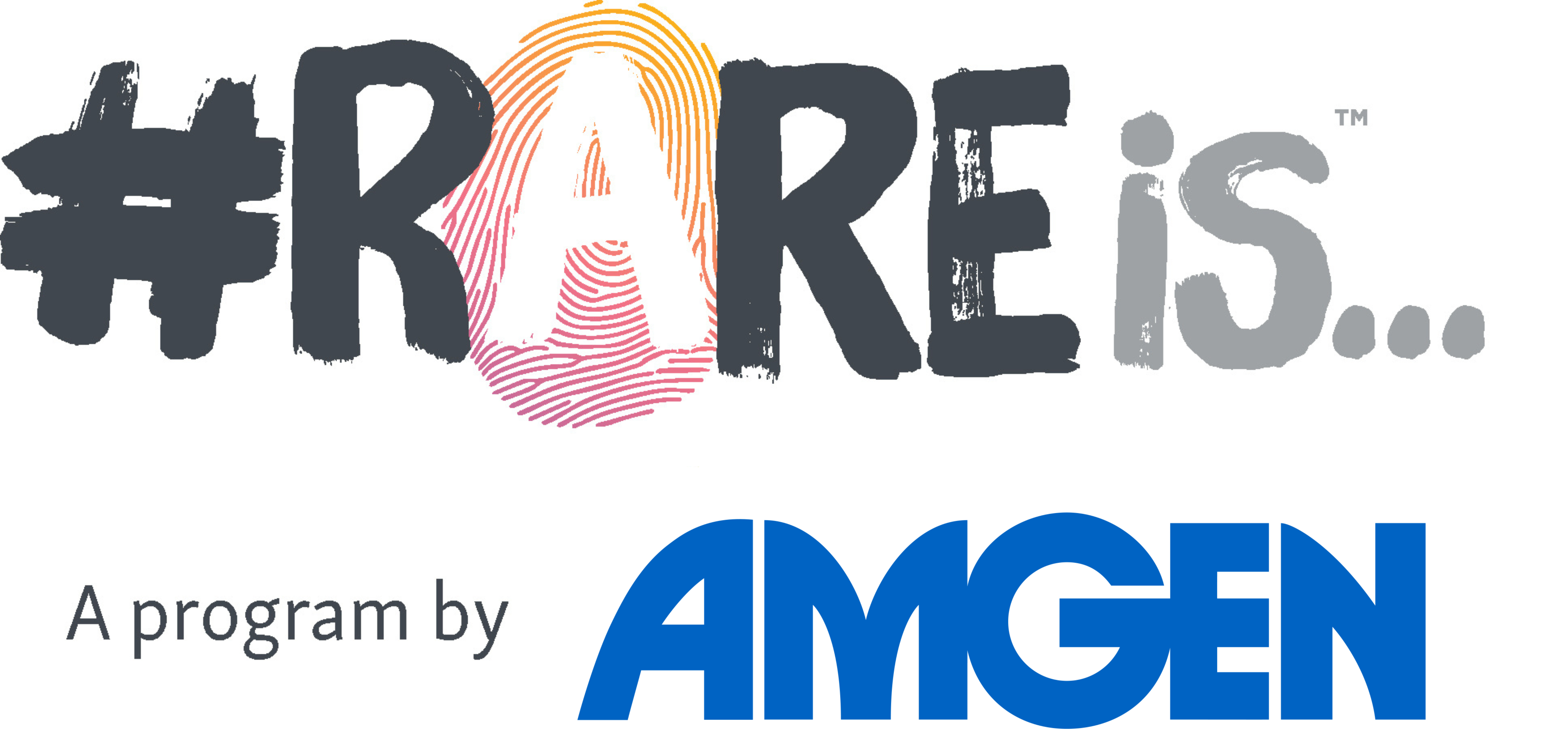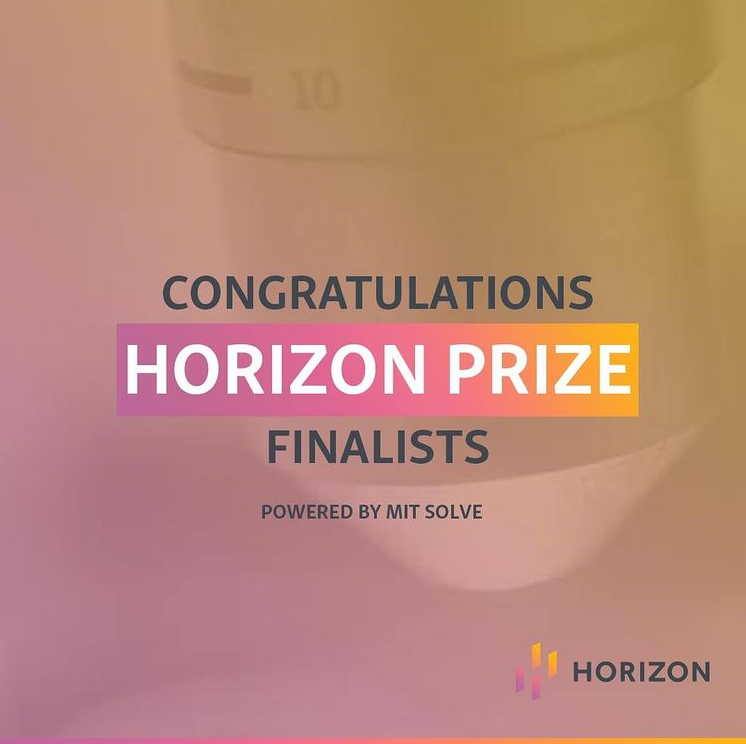About
The Horizon Prize challenge powered by MIT Solve seeks to leverage big data and analytics to improve the detection and diagnosis of rare diseases, address the unjust and disproportionate burden of rare diseases faced by disinvested communities and historically underrepresented identity groups, promote community and connection among the rare disease community and advocates, and unlock collaboration among patients, scientists, and health care providers to improve patient outcomes.
Up to $150,000 in prize funding will be awarded for up to two solution teams selected for The Horizon Prize. The Horizon Prize encourages and actively seeks solutions led by people with rare diseases and from underrepresented groups and identities.
Meet the five finalists and hear their solutions for this global innovation challenge.
ThinkGenetic, Inc.
David Jacob, founder and CEO of ThinkGenetic, was officially diagnosed with Cutis Laxa after nearly 80 years of unknowingly living with the disease. Dawn Laney, MS, CGC, CCRC, Emory University, co-founder of ThinkGenetic and one of David’s daughters, was the one who diagnosed him.
Did you know nearly 75 percent of people living with rare, genetic disorders are undiagnosed? ThinkGenetic utilizes genetic counselor curated algorithms to identify at-risk patients via medical records to aid the diagnosis process, educate people living with rare conditions and their physicians on the condition, and ultimately support testing, diagnosis and treatment. David’s vision is to “cover all 7,000 rare diseases and is looking to make this available worldwide.”
David and his sister Carol, who also lives with Cutis Laxa, were motivated to support rare families who struggled to receive an accurate diagnosis after decades of emergency room, doctor visits and testing. “We want to help people get diagnosed faster so they can get into treatment even faster,” says, Ruth O’Keefe Vice President, Marketing and Patient Advocacy, ThinkGenetic.
Learn more about ThinkGenetic here: https://www.thinkgenetic.com/

MDA MOVR Data Hub
According to the Muscular Dystrophy Association (MDA), the nine new drug approvals in the last five years and close to 300 therapeutics in development, helped the field of neuromuscular disease to expand rapidly, and there is a constant demand for patient data to help inform drug development efforts by industry and to improve clinical management. Recognizing this need, MDA has leveraged its strong, historical relationships in the medical and scientific communities to efficiently capture clinical data from regular clinic visits happening already through its nationwide network of specialty Care Centers.
“Data is precious. MOVR has the potential to collect data from ultrarare disease and support research and potential therapies. If we have the data, that is the first step to filling in the blanks to provide an answer,” says Sharon Hesterlee, PhD, EVP and Chief Research Officer.
The data collected by MOVR will assist scientists and healthcare providers in understanding the course of the disease, identifying trends and gaps in treatment and areas needing further research. It can also quickly identify and mobilize clinical trial participants. MOVR is a collaboration that brings together both patient and provider-reported data and then makes that data accessible to scientists and clinicians to drive innovation.
Learn more about MDA MOVR Hub here: https://www.mda.org/science/movr-data-hub-neuromuscular-observational-research

Elsa Health
High-quality healthcare care is not as accessible by most of the population across Africa, meaning that people die unnecessarily of preventable causes or have decreased quality of life as a result of prolonged illnesses. Oftentimes, these poor health outcomes are as a result of misdiagnoses at the first point of care. It has been estimated by the World Bank that 4 in every 10 patients in Tanzania at the primary care level are misdiagnosed. For people living with rare diseases, this number is often significantly higher.
Elsa Health is a clinical decision support platform for healthcare providers across East Africa that optimizes health decisions, increases provider confidence, and improves health outcomes for people living with rare diseases. Elsa Health combines expert knowledge and artificial intelligence to assist providers in identifying the cause of illness, provide actionable next steps, and identify disease clusters for more precise diagnostics. Their solution is used by healthcare providers across Tanzania, and they are currently working with the government to integrate with the national electronic health system.
Their goal? To power the health decisions for 10 million people annually within five years.
Learn more about Elsa Health here: https://www.elsa.health/#home

Research to the People
In America, there are currently over 30 million people with rare diseases. When traditional medicine leaves people living with rare diseases with few options besides symptom management, broader sequencing and multi-omics data analysis can help inform treatment options. Pete Kane, Director, says “I realized the rare disease community can benefit from our skills and expertise, and bringing the scientific community together with the rare disease community was seamless and made sense.”
Research to the People (RTTP) facilitates the use of collaborative genomics research with direct patient involvement. They support patients in leading their own research cases by helping them generate high-quality sequencing data with partner companies including, Personalis and Oxford Nanopore, and coordinating hackathons that bring together hundreds of leading researchers. At these hackathons, RTTP’s multidisciplinary teams work together to analyze the data, resulting in new recommended treatment options for not only the specific patient but their community of affected individuals. Scaled globally, their organization will continue to facilitate scientific and clinical breakthroughs for patients who have exhausted their clinical options. Emily Wang, Director of Operations, says, “being part of the rare disease community myself, I continue to realize it is the strongest community across the board.”
Pete concludes, “I am motivated to build things that don’t exist and wouldn’t exist if I didn’t build them. I’m only interested in building something completely new and pioneering a structural change. And the way researchers and patients interact with it is the most motivating thing; if I don’t do this, I don’t think this change is going to come.”
Learn more about Research to the People here: https://www.researchtothepeople.org/

Congenica
Rare diseases are recognized globally as a public-health priority due to the difficulty of navigating through the diagnostic journey, which can be lengthy and costly for many people, though for many underrepresented minority individuals, this journey may be more difficult or never initiated.
Congenica’s scalable end-to-end software has been globally used to analyze and interpret next-generation sequencing data, allowing to significantly reduce the diagnostic odyssey for people affected by rare diseases.
If properly supported, they can provide a free-of-charge diagnostic solution for thousands of people from disadvantaged groups affected by rare conditions. The newly collected data will also play a key role in identifying ancestry bias in our A.I.-engine and generating explanatory DNA variant lists that minimize the bias towards underrepresented populations.
Charles Steward, PhD, Patient Advocacy and Engagement Lead at Congenica says, “In the past, a clinical diagnosis for a patient could mean an overwhelming, lonely and isolated life, unlikely to connect with people with a similar condition. Yet, new advances in science in general, genomic medicine, and education such as Congenica’s Patient Advocacy and Engagement initiative, means that the future for patients and families with rare diseases grows more promising every year.”
Learn more about Cogenica here: https://www.congenica.com/

Congrats!
Congratulations to these five finalists! The winner of The Horizon Prize will be announced on Monday, September 20. Follow along on our Instagram and visit the MIT Solve website for more updates!

